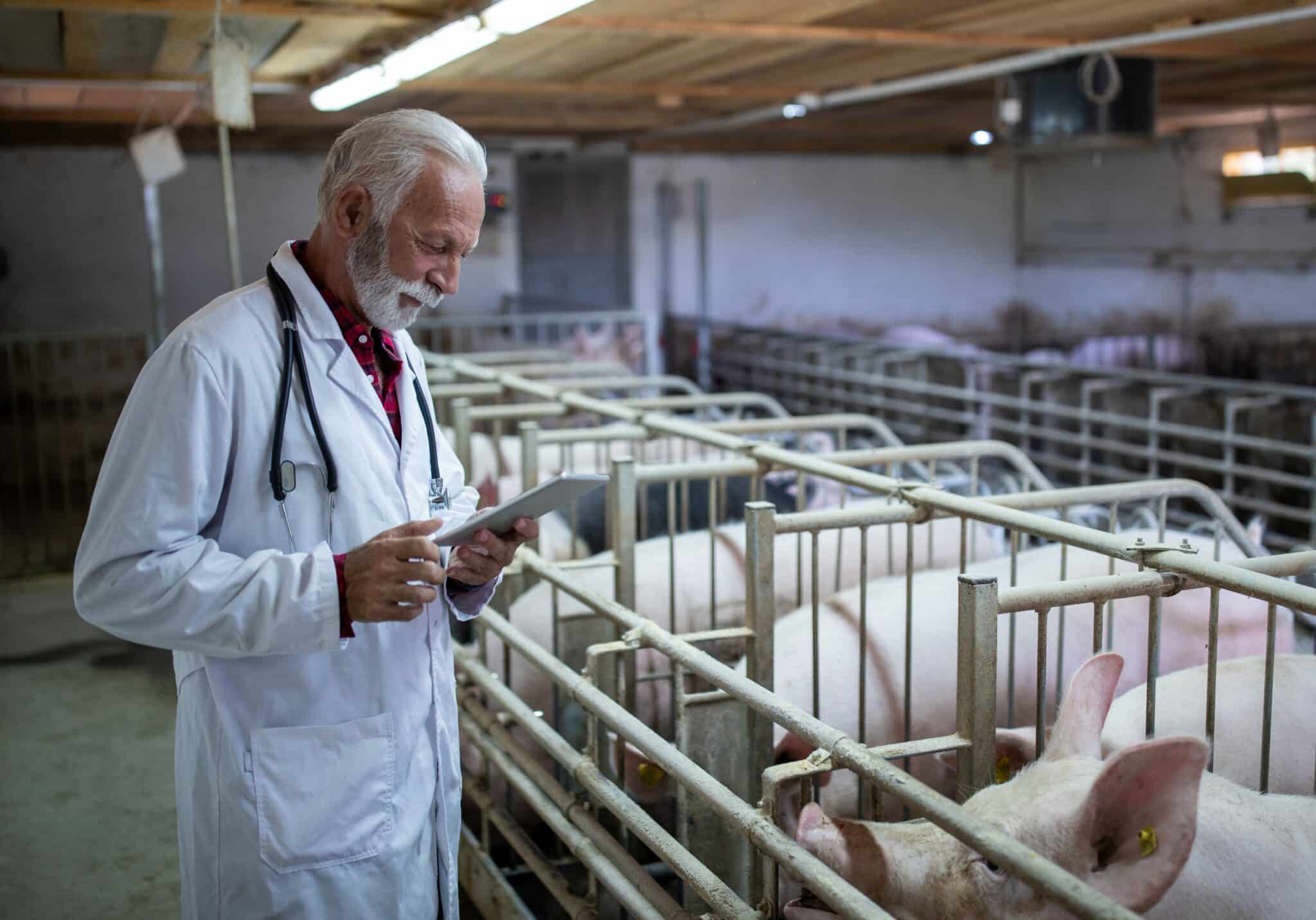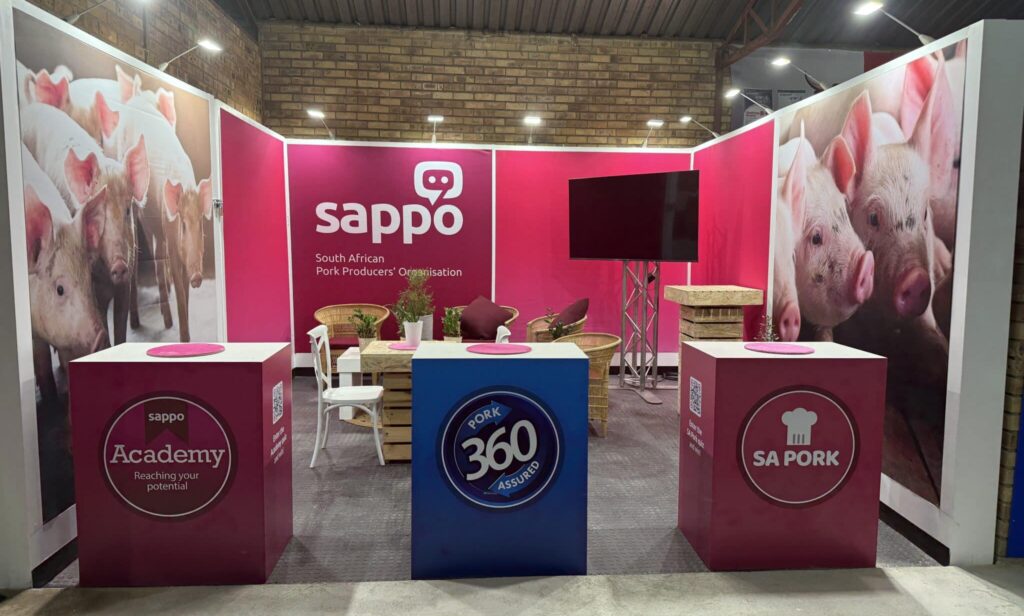Episode 1: Let’s talk food safety

Consumer Assurance
About consumer assurance
SAPPO’s Consumer Assurance team is dedicated to connecting pork producers with key industry stakeholders. At the heart of this is the assurance of high standards maintained at pig farms through our Pork 360 assurance program. The team also works closely with relevant government departments to form partnerships to improve the pork industry and control animal diseases. Additionally, Consumer Assurance represents the interests of producers on various committees to discuss industry challenges and solutions.
Pork 360

The main objective of the Pork 360 programme is to address consumer concerns around food safety and welfare, including environmental stewardship, biosecurity, and traceability. The requirements to qualify for Pork 360 membership include environmental stewardship, adherence to animal welfare standards, and residue control.
Pork 360 addresses the issue of providing safe and healthy products to the consumer, while the compartment system address disease control.
visit the pork 360 websiteCompartments
The compartmentalisation system is a recognised disease control method where clearly identified bio-secure units implement procedures to keep harmful diseases out. Veterinarians regularly perform serological sampling at the compartments to prove the absence of diseases, as required by the countries we export to. These diseases include exotic diseases like PRRS and CSF, as well as endemic diseases like ASF and FMD. Compartments are managed by national and provincial veterinary services, which conduct annual audits to ensure compliance with Veterinary Procedural Notice (VPN) 39. Regular visits by private pig veterinary consultants help maintain standards and facilitate export during trade-sensitive disease outbreaks.
National Pig Health Monitoring Committee (NPHMC)
The NPHMC brings together SAPPO, major producers, national veterinarians, private veterinarians, and laboratory representatives to discuss matters related to the health of the national pig herd. This collaboration ensures open communication channels, allowing for rapid, coordinated responses to disease outbreaks and effective disease surveillance.
Livestock Welfare Coordinating Committee (LWCC)
SAPPO represents the pork industry on the LWCC, which was established in 1978 to promote farm animal welfare in South Africa. The LWCC collaborates on policies and regulations to encourage best practices on farms and other livestock handling facilities. SAPPO’s Consumer Assurance team advises on practical welfare practices to various organisations and reviews industry welfare standards. A welfare and housing survey is conducted every three years to monitor industry progress.
Joint Implementation Committee (JIC)
SAPPO has an agreement with the Department of Water and Sanitation (DWS) to promote sustainable water use in the pig industry. This partnership facilitates knowledge transfer and open conversation between the department and producers.
Pig Vet Society
SAPPO collaborates with the Pig Vet Society, which is part of the South African Veterinary Association. The two organisations meet twice a year to discuss national pig herd health. Veterinarians exchange case studies and review protocols to produce better health solutions.



















